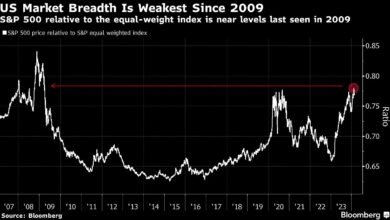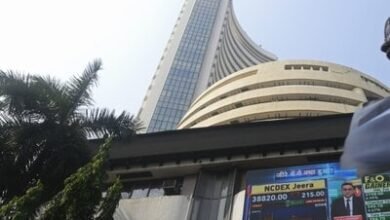Scrapping ‘pernicious’ tax on buying shares would help revive Britain’s flailing stock market


- Investors pay 0.5% in stamp duty on price of London-listed shares they buy
- Tax set to raise £3.2bn this year and £23.7bn between now and 2028-29
- Other countries either impose a lower levy or no charge on share purchases
Scrapping the ‘pernicious’ tax on buying shares would help revive Britain’s flailing stock market, according to leading figures in the City.
Investors currently pay 0.5 per cent in stamp duty on the price of London-listed shares they buy – or £5 for every £1,000 invested in a UK company.
The tax is set to raise £3.2billion this year and £23.7billion between now and 2028-29, analysis of Budget documents shows.
With many other countries either imposing a much lower levy or no charge on share purchases, critics argue the London stock market is at a disadvantage.
The Chancellor refused to cut stamp duty on share purchases last week – a move dubbed a ‘missed opportunity’ by the boss of trading platform Interactive Investor.
But both the main political parties are under pressure to include a pledge to scrap the tax in election manifestos.
Miles Celic, chief executive of The City UK lobby group, said: ‘Stamp duty on shares has hampered the UK’s competitiveness and placed us behind other global financial markets.
‘Its removal will lift an investment barrier, encouraging more institutional and retail investment in UK equities, delivering greater incentives and returns for savers and pensioners, and revive our capital markets.
‘We need to unleash more opportunities and drive investment and we urge all political parties to consider this policy to stimulate growth.’
Research by consultancy Oxera, commissioned by the Centre for Policy Studies, found scrapping the levy could increase the overall tax take by around £600m due to its positive impact on growth.
Related Articles
HOW THIS IS MONEY CAN HELP
The debate comes amid fears about the health of the stock market as foreign predators circle poorly valued London-listed firms on the hunt for bargains. There are also concerns about companies listing their shares abroad.
In an effort to boost share ownership and investment in British companies, Jeremy Hunt used his Budget to launch a British Isa and confirm NatWest stock still owned by the government will be offered to the public this summer.
But experts say more needs to be done. Charles Hall, an analyst at Peel Hunt, described stamp duty on shares as ‘a pernicious tax which ‘should be removed as part of a series of reforms to help the recovery in UK capital markets.’
Richard Wilson, of Interactive Investor, said the Budget was a ‘missed opportunity’ to bring a ‘win-win for both investors and the economy’.
Some links in this article may be affiliate links. If you click on them we may earn a small commission. That helps us fund This Is Money, and keep it free to use. We do not write articles to promote products. We do not allow any commercial relationship to affect our editorial independence.
Source link





